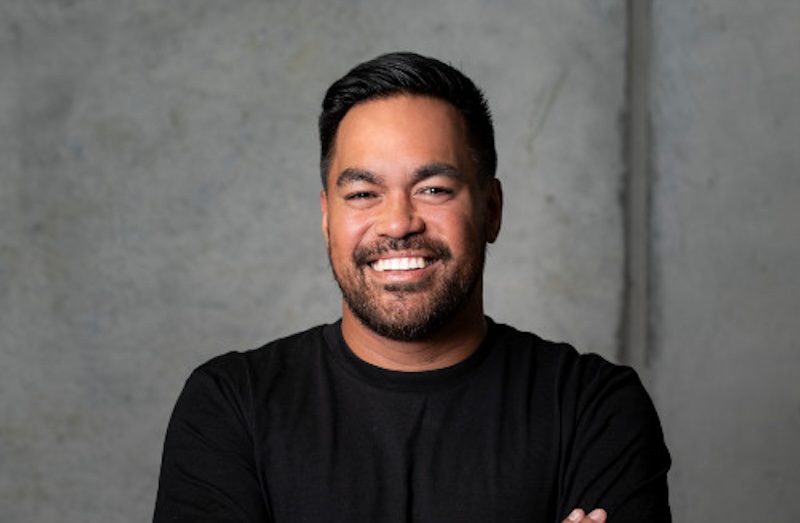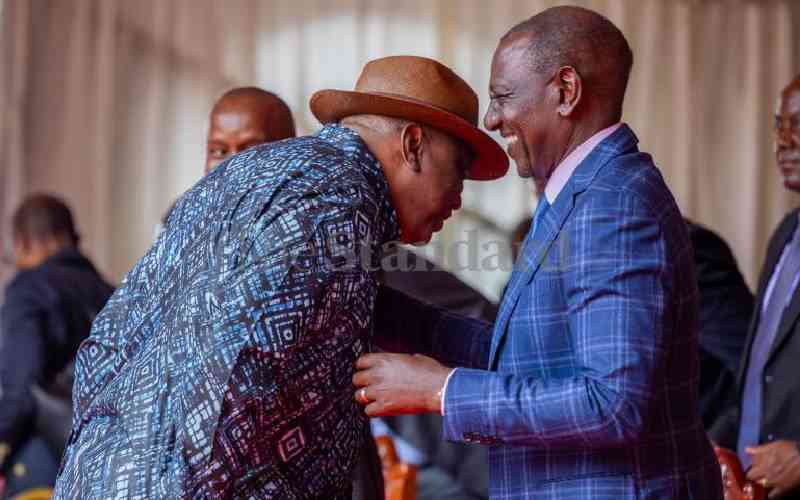In 1981, Prince Charles made a lasting impression on Alan Bruce. Bruce, who had been heavily involved in special education, was at Parliament when he met the future King of England, then visiting New Zealand.
There was a large crowd celebrating the International Year of the Disabled and after meeting all the dignitaries, the then-Prince Charles spent an unscheduled extra hour meeting young people. Bruce remembers him showed kindness to a disabled child..
One woman with a blind child asked it they could touch him.
Bruce recalls that the prince readily agreed and more than 40 years later, it is still a cherished memory. “It showed everyone he was a decent man.”
READ MORE:
* Queen Elizabeth went ‘weeks’ without seeing Prince Philip after his retirement, new book claims
* King Charles ‘saving’ Duchess of Edinburgh title for Princess Charlotte, report claims
* Exploring a memory: Designer recreates a dress for Diana
Last week, Bruce recalled that special moment when he had another encounter with the royal: Having just turned 100, Bruce received a card from the now King Charles III.
Bruce became one of the first New Zealanders recognised by the new king. The 100th birthday card arrived last Tuesday and now sits proudly in his Lower Hutt home.
“Getting a card was quite exciting” and generated a lot of interest in his family, who were impressed to see Charles III’s signature, Bruce said.
Juan Zarama/Stuff
Alan Bruce is one of the first New Zealand centenarians recognised by the new king, Charles III.
Born in Lyall Bay in 1922, Bruce had a brief stint in the Air Force towards the end of the Second World War, but otherwise spent much of his life teaching, including the early years in small schools.
He married his first wife, Shirley, in 1944 and had three children. To raise enough for a home he spent a time as a country teacher at Little River School in Lyttelton, where the rent for a school house was very cheap.
After returning to Wellington, he taught at schools in Owhiro Bay, and at Dyer St and Eastern Hutt School in Lower Hutt in the 1960s.
After his time as principal at Dyer St and Eastern Hutt, he became a school inspector,focusing on special education.
He would eventually end up as the national director of special education in the Ministry of Education.
Juan Zarama/Stuff
The card is signed by both Charles and Camilla.
Seeing disabled children do well with encouragement and support was hugely rewarding for him.
When his first wife died, he married a US teacher, Anita, who was also interested in special education.
For 30 years they divided their time between New York and New Zealand. Unhappy with the politics of Donald Trump, who was elected president in 2016, they decided to settle permanently back in New Zealand.
In remarkably good shape for his age – his only concern is his hearing – Bruce still enjoys looking after his roses and vegetables, and still drives.
“I have had a fortunate life. I have very good genes and have been blessed with good health. I have never had any serious illnesses.”
He puts his long life down to “pure thoughts and clean living”.





















Discussion about this post